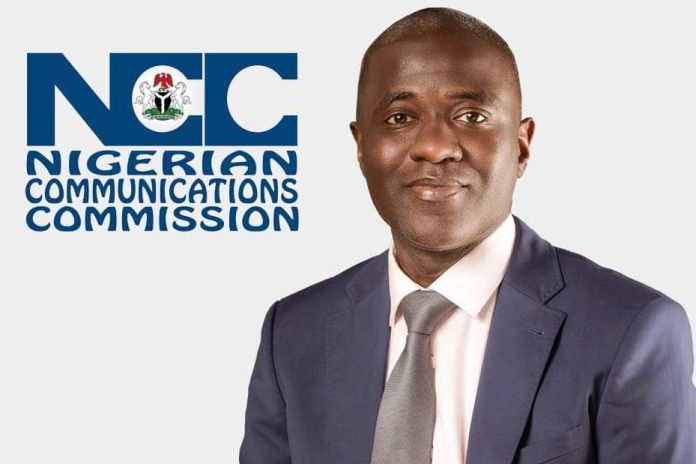The Nigerian Communication Commission (NCC) on Wednesday said that it was making deliberate efforts to close the digital divide among the youths, underserved
By Stellamaris Ashinze and Damilola Fadugba
The Nigerian Communication Commission (NCC) on Wednesday said that it was making deliberate efforts to close the digital divide among the youths, underserved and unserved communities.

The Executive Vice-Chairman (EVC), NCC, Dr Aminu Maida, said this at the 2024 Nigeria Innovation Summit (NIS) 9.0 in Lagos.
The News Agency of Nigeria (NAN) reports that the theme of the Summit is, “Building a Culture of Innovation”.
The EVC was represented by the Head, New Media and Innovation Security, NCC, Babagana Digima.
Maida said that the Universal Service Provision Fund of the NCC was charged with the responsibility of providing digital access to underserved and unserved areas.
He said that the NCC had done a lot of work across the country, done projects in almost all secondary schools across the country, and provided digital tools for people with disabilities.
According to the NCC boss, the commission has also subsidised the deployment of base stations in rural areas to provide them with Internet connectivity.
“The commission also identifies youths with talents, and supports them with mentorship, formal support, and identification as a legal entity, among others.
“Nigeria youths are faced with unemployment and the honourable minister of Innovation and Digital Economy has an initiative called 3Million Technical Talents,’’ he said.
Maida said that the commission was fully in support of the 3Million Technical Talents initiative, adding that the commission had also embarked on many empowerment programmes.
He said that in trying to close the digital divide, the NCC trained youths on use of digital tools, enables them to access the tools and also continuously supported those in need of the tools.
John Ajah, the Convener, Nigeria Innovation Summit (NIS) 9.0, said that this edition was organised to explore why innovative culture was essential for national development, and how it could provide opportunities for economic growth.
Ajah said, in his opening remarks, that the annual event brought together stakeholders from different sectors of the economy to discuss ground-breaking ideas and trends.
He added that the stakeholders also discussed opportunities and numerous verticals to accelerate innovation to attain certain goals.
The convener said: “This year’s event has enabled us bring together stakeholders to discuss how we can move forward as a country.
“We will be using the “four Cs” for discussion, which are conversation, collaboration, community and connection.
“Some leading countries in the world have used the culture of innovation to improve the quality of their lives, Nigeria and Africa should not be left out.”
He noted that in establishing the culture of innovation, stakeholders must build strong institutions that leveraged emerging technologies to solve critical local problems.
“The NIS is designed to be the springboard of some insights and also challenge the minds of stakeholders to begin leveraging innovative culture for global competitiveness and digital acceleration.
“The highlights of the NIS 2024 includes the Nigeria Innovation Experience Talks (NiX Talks), innovation tours, innovation showcasing & exhibitions, startup pitch, and the 2024 Nigeria Innovation Awards, and more.
“We have speakers from government agencies, corporate organisations, investment groups, international bodies, research institutions, and leading start-ups in Nigeria and around the world.
“This edition offers great opportunities through sponsorship, partnership, and exhibitions of innovative products, ideas, and services,” he said.
Ajah said that the NIS would continue to partner with the world’s leading innovation providers from the academic community, government and industry.
This partnerships, he said, were to connect Nigerian businesses and innovators to the global innovation ecosystem.
The convener noted that previous editions of the NIS attracted over 10,000 delegates, 200 speakers and panellists.
According to him, 100 tertiary institutions and research centres, 40 government ministries, attendees from 36 states were present for past editions.
He added that the past eight editions also witnessed over 100 sponsors and partners, 40 countries in attendance and over 85 award recipients. (NAN)




